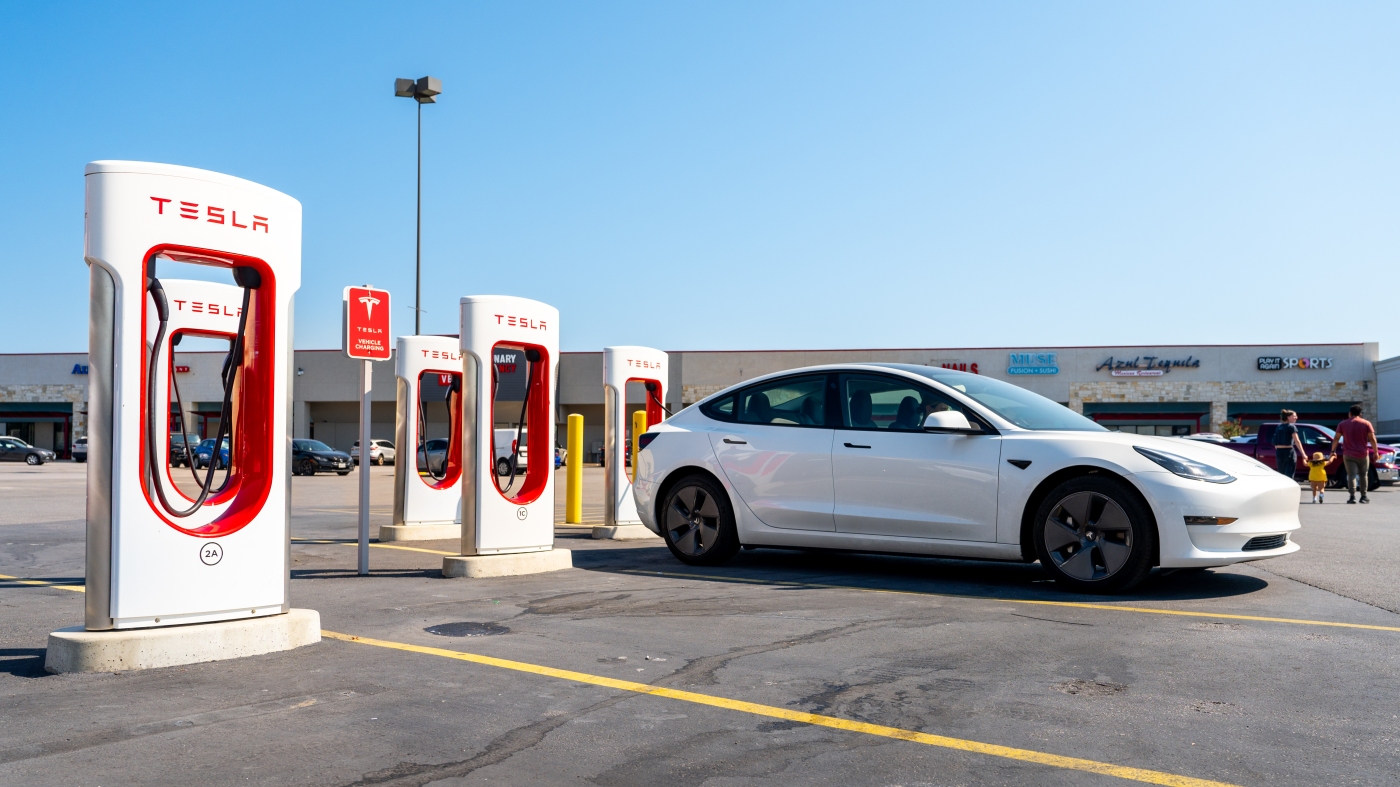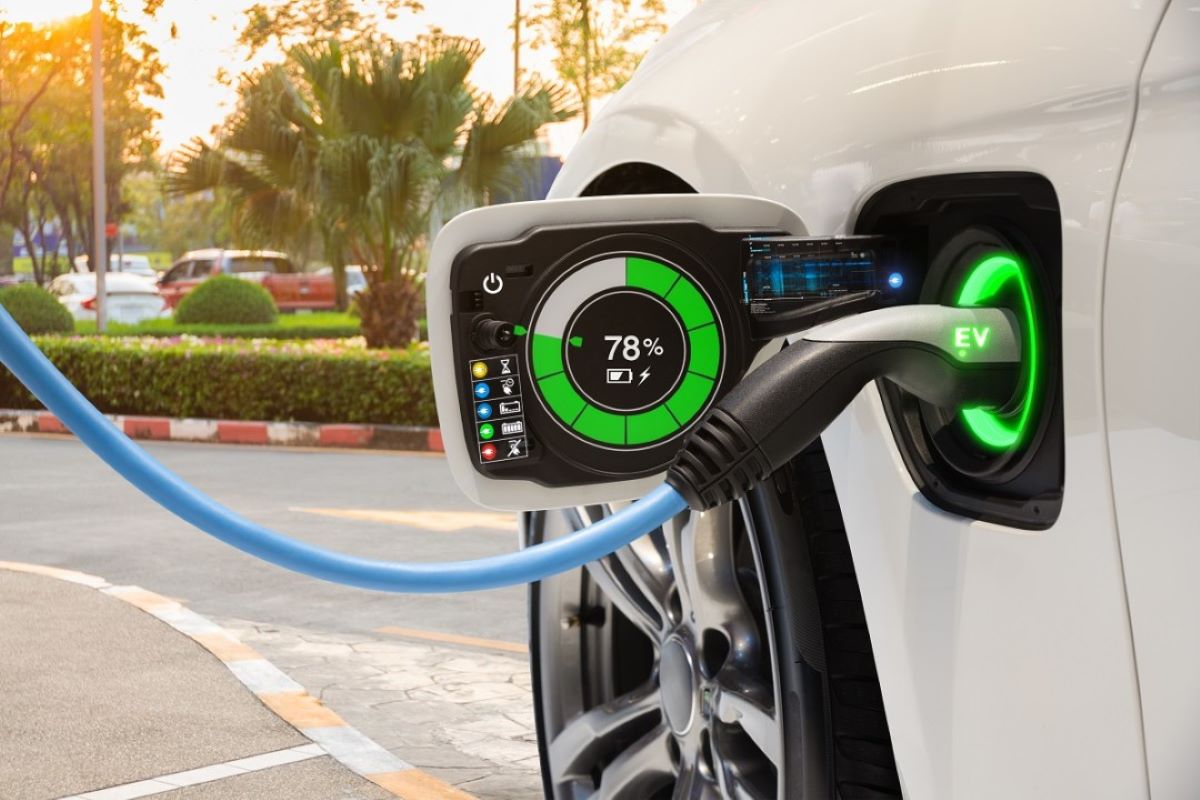As the production of electric vehicles (EVs) becomes more widespread and affordable, coupled with the rising costs of gasoline, more people are turning to EVs as a viable alternative.
The U.S. Department of Energy reports that for some individuals, driving an electric car can save between $800 and $1,000 annually.
However, those who follow car discussions on social media or engage in conversations about vehicles with friends often encounter negative, and at times, toxic comments about electric cars from car enthusiasts.
Electric vehicles represent something unfamiliar and novel to car fanatics, who are deeply attached to every component of gas-powered vehicles, including the mechanical systems and the sounds produced by their engines.
The state of California has recently passed laws mandating that the sale of new gas-powered vehicles will be banned by 2035.
This legislative move has sparked a backlash against electric vehicles, with many individuals expressing disdain for EVs because their preferred car brands, such as Ford, Chevrolet, and Ram, will cease the production of gas-powered cars in favor of electric models.
A survey conducted by Motor Biscuits, a car news website, suggests that the animosity toward EVs is also fueled by widespread misconceptions.
Many car enthusiasts appreciate the performance of gas-powered cars and believe that electric vehicles lack power, are slow, and have limited driving ranges.
Also Read: Top 10 Longest-Lasting Cars of 2025: Toyota and Honda Redefine Reliability and Durability
This perception, however, is outdated. In reality, many modern electric cars outperform their gasoline counterparts in terms of performance.

For example, electric vehicles like Teslas offer quick acceleration, thanks to the instantaneous torque generated by their electric motors.
Moreover, the driving range of today’s electric cars is more than sufficient for most drivers and continues to improve through regular online updates.
In a separate study by Car Throttle, which surveyed car enthusiasts, it was found that many people have strong emotional attachments to particular car brands.
For these individuals, cars are a significant part of their identity. As new electric vehicle brands emerge, some enthusiasts feel threatened and uncomfortable, viewing these new brands as a challenge to their beloved traditional vehicles.
The fear of change often breeds disdain for the evolving car industry. However, the introduction of new car brands doesn’t have to be seen as a threat, as newer models typically offer safer, smoother driving experiences.
Furthermore, the increasing number of car brands on the market sparks curiosity and exploration.
Also Read: Top 10 Compact SUVs for 2025: Find the Best Fit for Your Lifestyle
Finally, some individuals will continue to harbor a dislike for electric cars simply because they are electric and not powered by gasoline.
These individuals are unlikely to change their stance because they are fond of the traditional components of gas-powered vehicles, such as the engine and the exhaust sounds, which EVs do not possess.
However, as electric vehicles become the standard in the future, it is likely that the hostility towards EVs will gradually fade.

